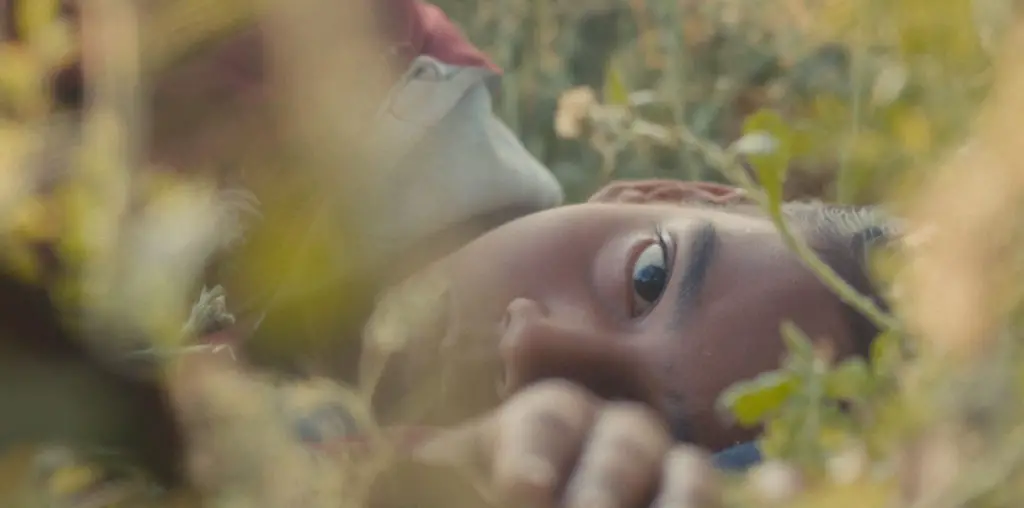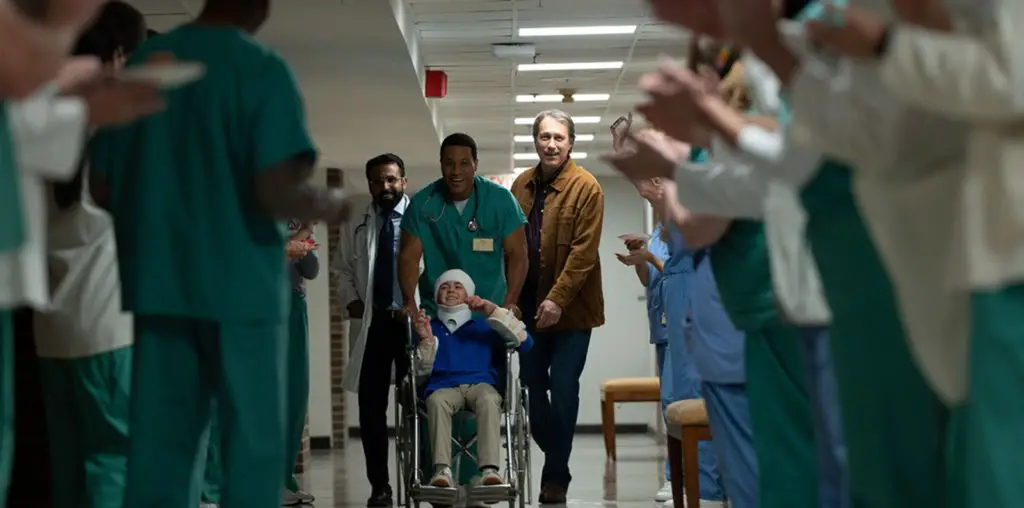
One of the greatest films of the 1980s is finally on DVD: Paolo and Vittorio Taviani’s “The Night of the Shooting Stars.” If you’ve never seen this 1983 release, you must seek out this DVD with all due speed.
The film an extended flashback by a woman who recalls wartime in her native Tuscan village during 1944, when she was six years old. A group of villagers flee their homes, fearing the Nazi occupiers will seek revenge against them following the slaying of one of their troops by the Italian partisans. The villagers travel on foot through the countryside, hoping to locate the American troops who are reportedly in the region. A spell of refuge with a partisan brigade is short lived, and the villagers find themselves recruited into a massive gunfight against the Nazis and their Italian fascist collaborators in a vast wheat field.
“The Night of the Shooting Stars,” not unlike the neo-realist classics “Open City” and “Paisa” from the post-war period, details how wartime conditions bring out the best and worst in people. Fatally poor judgment, unexpected acts of bravery, the collapse of rigid societal boundaries and a new boldness in the face of conflict reshape the lives of the villagers who find themselves in circumstances far beyond their control. The horror of war is not bowdlerized, and the film is packed with sequences where the most vulnerable members of the village (including its canine population) receive fates that are truly cruel and undeserving.
But despite its violence, “The Night of the Shooting Stars” is astonishing for the Tavianis’ artistry. A wealth of stories weave in and out of each other, but the characters are presented with such an uncommon richness and vibrancy that they achieve full depth despite the fact no single personality dominates the storyline. For example, one can easily sympathize with the young man who anxiously introduces his sister to a pal in the partisan brigade, and with his sister in her lack of comprehension on why her sibling is so eager to make a match. More startling is a 15-year-old who is too eager to find praise from his seemingly indifferent father, a member of the fascist collaborators. The teen’s willingness to put himself in danger is rich with the bravado of youth, which quickly turns to panic when he later realizes his hand has been seriously overplayed.
“The Night of the Shooting Stars” is sometimes sentimental, but never sticky. Memories play a strong part in how the villagers cope with their trauma – recollections of beloved rooms, prime moments of individual achievement, etc. – and it is the energy of empowering memories, not the false comfort of nostalgia, that bolsters the villagers to press ahead. The memories tell the characters that they are better than their current circumstances, and through memory they can find the strength to regain and rebuild what was lost. And at least one memory, obviously an exaggeration from the woman recalling her childhood observations, is startling through the injection of absurdly heroic surrealism into the middle of terrifying reality (you’ll need to see it for yourself to understand what I’m talking about).
Twenty-five years after its U.S. theatrical release, “The Night of the Shooting Stars” is actually quite relevant at this point in time, when many Americans have lost interest in the humanity of those who are suffering from the humiliations, deprivations and horrors of living in the midst of an occupied war zone (Afghanistan, Congo, Darfur, Iraq and Tibet come to mind). War is not an abstract concept, and “The Night of the Shooting Stars” offers a painful but mature lesson of the human experience by the forgotten parties to military conflict: those caught in history’s crossfire.

